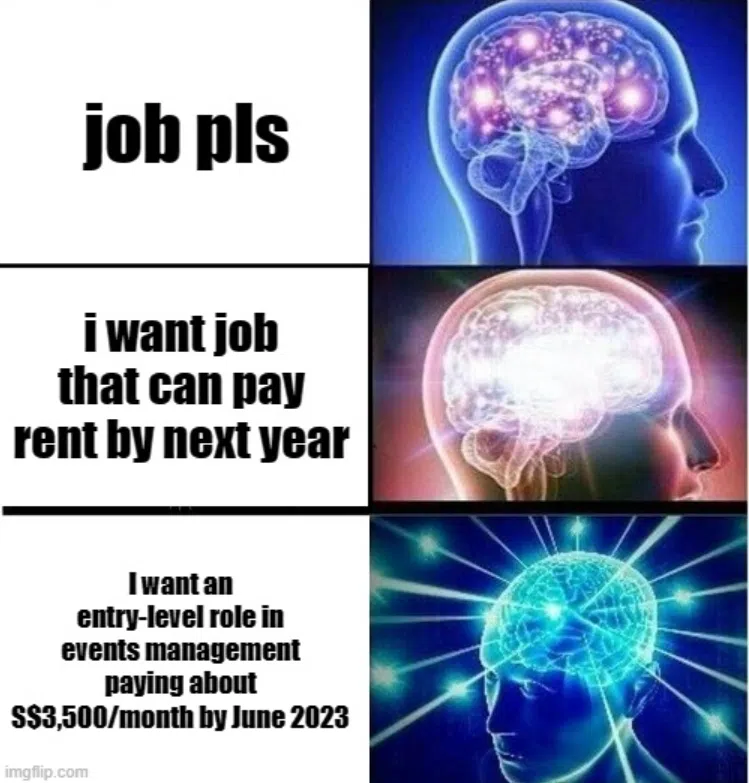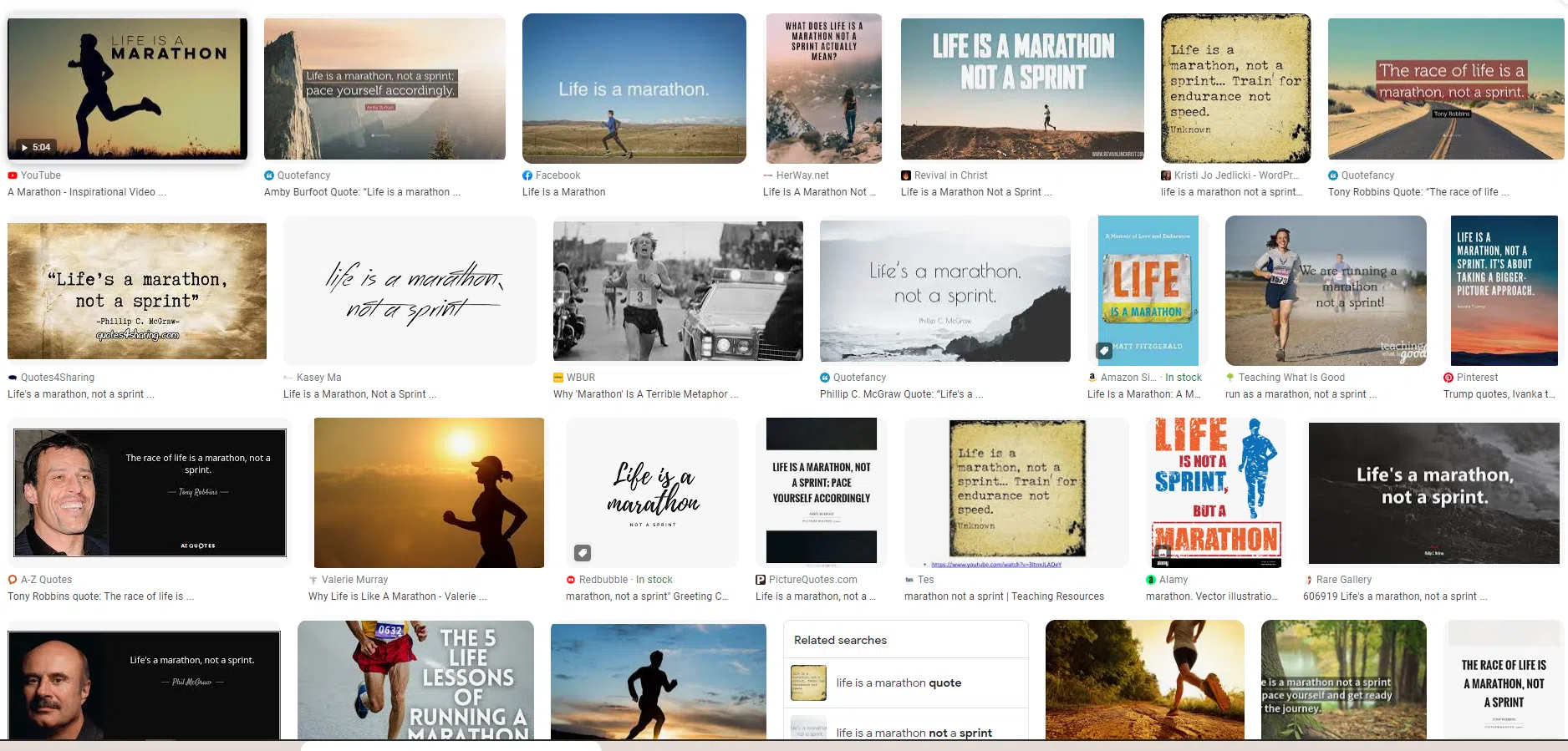🎉 New year career resolutions

- Find out more and sign up for Thrive at bt.sg/thrive
Start by looking back
If you’ve started work, your company may have asked you to review what you did as part of the performance appraisal season. This exercise is similar in that it’s one of those tedious and irritating things to do, but it does help create a good foundation for goal-setting.
Where goal setting is different is that it is about how YOU feel – not what you think will look good to your boss or your professor. It’s also about your personal development, not how you helped your team or workplace achieve their goals.
Sit down, grab a pen and paper (or open a Google doc) and set aside about half an hour (and your ego) to answer some of these questions about your past year (or even further back, if you’ve never done this before):
- What did you most enjoy about your work? Why? (Be specific)
- What were some of your biggest career accomplishments? Why?
- What’s the biggest challenge you faced this past year? How did you feel about it? Did you manage to overcome it? And if so, how? If you didn’t, why?
- What skills or capabilities did you grow or gain this year? What opportunities did you take advantage of? What are your strengths and weaknesses?
Remember not to sugarcoat (no one is reading this but you!), and to describe how you felt as much as what you did. Looking at your journey so far should give you an idea of what you like and don’t like, and, most importantly, point towards your long-term career goals.
Long-term vs. short-term
Okay, so what is “long”? Long is a 5- to 10-year thing. Stuff that’s happening next semester or next year isn’t “long”. Let’s say you’re about to graduate this year, “long” would be where you’d want to end up in 5 years. When setting this long-term goal, bear in mind your reflections, especially those questions about why you enjoy your work and your strengths.
Do we really need to think that far ahead? Yes, because this then helps you to break it down into short-term goals.
Navigate Asia in
a new global order
Get the insights delivered to your inbox.
Try and make sure each short-term goal is Specific, Measurable, Attainable, Relevant, and Time-bound (Smart…yes corporate jargon acronym that’s quite cringe but…it WORKS).
Let’s say your goal is: “I want to get a job”. This is a lousy goal because it isn’t specific or measurable, and you don’t know how or why or by when you’re doing it.

A better goal would be, “I want a job that can pay my rent by next year”. A much better goal would be, “I want an entry-level job in events management paying about S$3,500/month, and I want to get such a role by June 2023”.
But first, does the shorter term goal fit into your longer-term career goal? Why do you want to go into events management? Do you like the sense of achievement from coordinating people and activities successfully? Or do you just like to party?
When you’ve settled that, apply Smart to all the even shorter steps you need to take to actually get to this role. E.g. instead of “apply for job lol”...
- Finish your CV by next week, and get two trustworthy friends to proofread it by end-December (check out our IG for the definitive CV guide)
- Set up a LinkedIn profile while waiting for your friends to get back to you
- Set up job alerts related to events management in Singapore on different recruiting sites, and start flagging jobs you might like
- Do at least three job applications a week for the next four weeks, and track your progress on each
- Take a two-month, certified course in project management that will help you become a more attractive applicant
Etc. etc...
Things to bear in mind
- Sometimes we may have preconceived notions, like Japanese people and Paris (Google “Paris syndrome”), so speak to people who may have first-hand experience with goals you are trying to achieve.
- Remember to review your goals – did you achieve them? Why or why not?
- Goals CAN change. You change, the world changes, your circumstances change, and so should your goals. Just remember to stay Smart.
- “Life Is A Marathon, Not A Sprint”, as that poster in my therapist’s office says. Don’t forget to schedule breaks and celebrate successes.

Copyright SPH Media. All rights reserved.